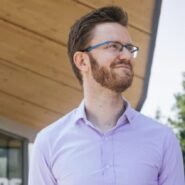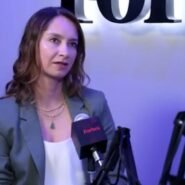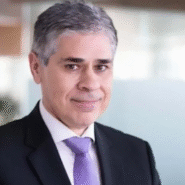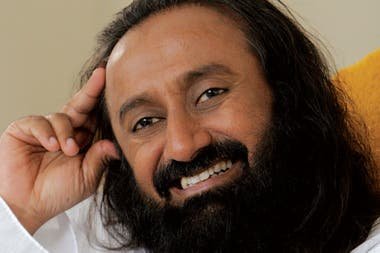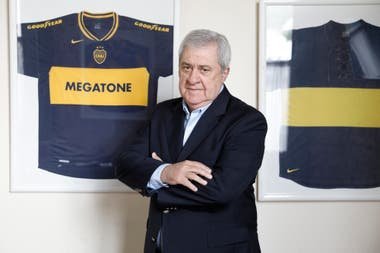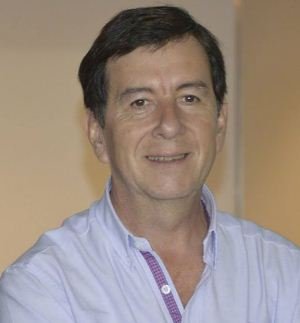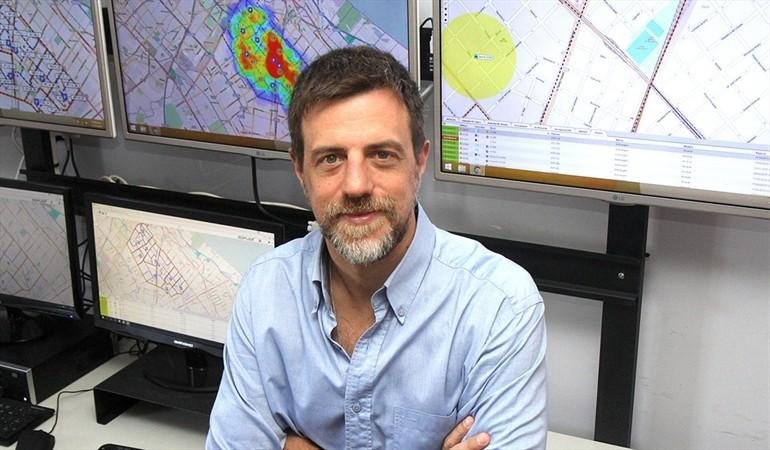Eduardo Duhalde was born in Lomas de Zamora, in Greater Buenos Aires. He graduated as a lawyer in 1970. He was elected to the city legislature the following year and served as its president. He joined the Justicialist Party (PJ) and soon became the leader of its local branch. He was elected to the local legislature of Lomas de Zamora and was named its president. The legislature impeached mayor Ricardo Ortiz, as well as Pedro Turner, who was appointed mayor afterward. This was part of a political reorganization promoted by President Juan Perón. Duhalde was appointed mayor in 1973 as a result. Many members of the Peronist Youth were murdered in Lomas de Zamora during the Pasco Massacre, which Duhalde attributed to the Argentine Anticommunist Alliance. He was removed from office during the Argentine coup d’état of 1976. He worked as a real estate broker during the following years.
Democratic government was restored in 1983, and Duhalde ran for mayor of Lomas de Zamora. As a centrist, the PJ nominated him as a compromise candidate between opposing internal factions. The elections ended in a technical tie with the Radical Civic Union (UCR) candidate, Horacio Devoy; Duhalde won by just 700 votes. There was also a tie in the local legislature elections, as both the PJ and UCR secured eleven legislators each. Duhalde reported that a colonel sought his support for a potential coup d’état against the newly elected president Raúl Alfonsín. Duhalde refused and reported the incident directly to Alfonsín himself. He was elected national deputy in 1987 and became vice president of the Chamber of Deputies of Argentina. He established a commission to fight drug addiction during his term.
The PJ held primary elections for the 1989 presidential race between Carlos Menem, governor of La Rioja, and Antonio Cafiero, governor of the Buenos Aires Province. Menem won the primaries, with Duhalde as the vice-presidential candidate on his ticket, and then won the general elections. Duhalde did not enjoy legislative work and preferred to be involved in actual administration of a district. Menem suggested he run for governor of the populous Buenos Aires Province, which Duhalde accepted on the condition of strong budgetary support for the province. This proposal was supported in Congress by Alfonsín, leading to a steady alliance between the two politicians. Duhalde was elected governor, ending Cafiero’s political influence.
Duhalde intended to run for president in 1995, after Menem’s term. Menem promoted the 1994 amendment to the Argentine Constitution, which allowed him to run for a second presidential term. Unable to defeat Menem in the primaries, Duhalde promoted an amendment to the provincial constitution, also allowing reelection. The PJ could not secure a majority in the constituent chamber, and the three opposing parties (the UCR, the Broad Front, and MODIN) joined forces in a “triple alliance” to block the approval of reelection. Eventually, MODIN switched sides and supported reelection, under the condition that a provincial referendum approve it. The referendum allowed Duhalde’s reelection, and he went on to win the general elections as well. Menem was also reelected in the 1995 general election. Duhalde increased his criticism of Menem, stating that he should abandon neoliberal policies and lead a government more aligned with Peronist doctrines.
